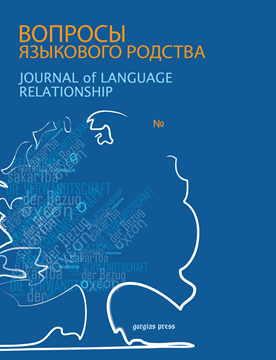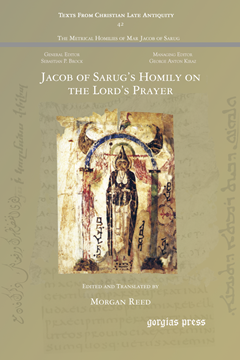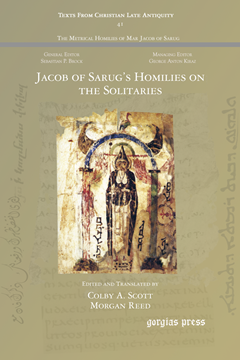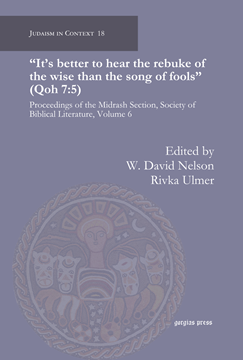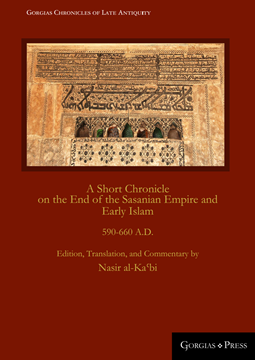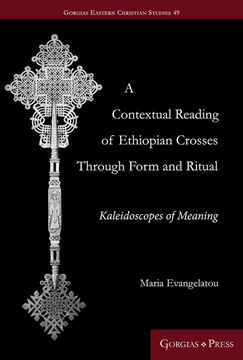Journal of Language Relationship 13/1-2
Volume 13/1-2
Series: Journal of Language Relationship 13/1-2
ISBN: 978-1-4632-0558-4
The Journal of Language Relationship is an international periodical publication devoted to the issues of comparative linguistics and the history of the human language. The Journal contains articles written in English and Russian, as well as scientific reviews, discussions and reports from international linguistic conferences and seminars.
$74.00 (USD) $44.40 (USD)
Jacob of Sarug's Homily on the Lord's Prayer
Edited and Translated by Morgan Reed
Series: Texts from Christian Late Antiquity 42
ISBN: 978-1-4632-0561-4
Jacob of Sarug's pastoral concern and rhetorical acumen have earned him the title “the lyre of the Holy Spirit”. This volume presents both a text and translation of Jacob’s exposition of a passage central to Christian liturgy and piety.
$39.00 (USD) $23.40 (USD)
Jacob of Sarug's Homilies on the Solitaries
Edited and Translated by Colby A. Scott & Morgan Reed
Series: Texts from Christian Late Antiquity 41
ISBN: 978-1-4632-0562-1
Jacob of Sarug's pastoral concern and rhetorical acumen have appropriately earned him the title “the lyre of the Holy Spirit”. This volume presents Jacob's admonitions to those living a life of consecrated singleness to God.
$44.00 (USD) $26.40 (USD)
"It’s better to hear the rebuke of the wise than the song of fools" (Qoh 7:5)
Proceedings of the Midrash Section, Society of Biblical Literature, Volume 6
Edited by W. David Nelson & Rivka Ulmer
Series: Judaism in Context 18
ISBN: 978-1-4632-0560-7
This volume contains selected proceedings of the Midrash Section sessions convened during the 2012-2014 meetings of the Society of Biblical Literature. It is comprised of contributions by leading and emerging scholars that share a common focus on Rabbinic biblical interpretation as it intersects with a range of biblical texts and associated fields of study, including: Jewish legal literature; Hellenistic Judaism; post-biblical interpretation; biblical commentary; liturgical studies; and, cultural studies.
$169.00 (USD) $101.40 (USD)
A Short Chronicle on the End of the Sasanian Empire and Early Islam
590-660 A.D.
Edited and Translated by Nasir al-Ka'bi
Series: Gorgias Chronicles of Late Antiquity 1
ISBN: 978-1-4632-0563-8
The Short Chronicle is an eyewitness report on the demise of the Sasanian and Byzantines Empires and the beginning of the Islamic period. It uses official Sasanian sources and Syriac church documents and mentions for the first time new Arab cities, including Mosul, Kufa, and Baṣra.
$161.00 (USD) $96.60 (USD)
A Contextual Reading of Ethiopian Crosses through Form and Ritual
Kaleidoscopes of Meaning
Series: Gorgias Eastern Christian Studies 49
ISBN: 978-1-4632-0578-2
An exploration of the ways in which crosses reflect and shape ideas and practices in Ethiopian culture: from religious values and rituals to magic and apocalyptic beliefs, and from individual identities to socio-political structures and power relations.
$95.00 (USD) $57.00 (USD)
